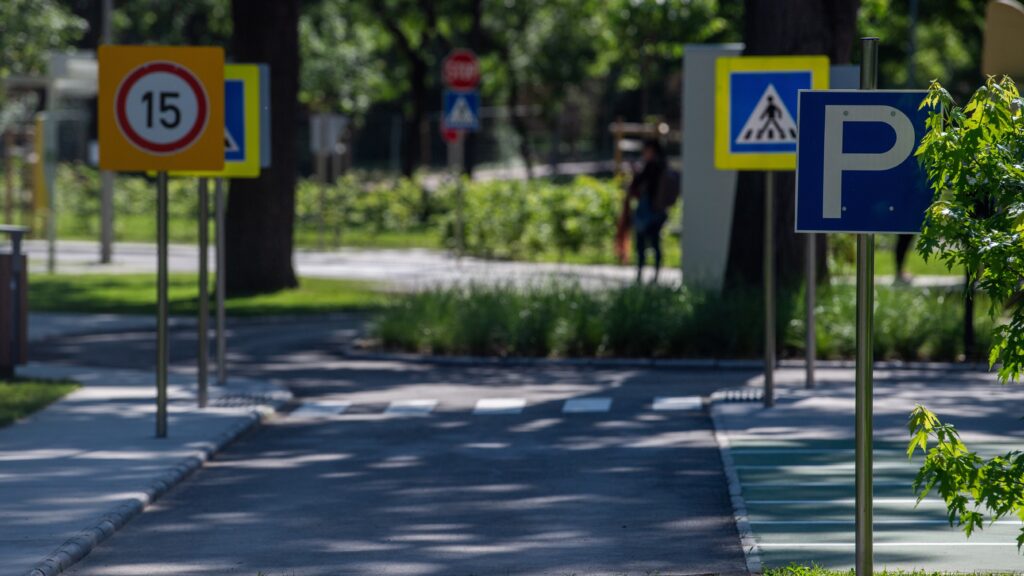On Monday morning, Hungarian Prime Minister Viktor Orbán held an extensive press conference regarding the ongoing flooding of the Danube that has been affecting Hungary, particularly Budapest, in the past weeks. He stated that flood protection efforts are nearing completion and added: ‘We have every reason to be as optimistic as possible for the remaining one or two days.’ Following Monday’s meeting of the flood defence operational task force, the prime minister noted that meteorologists had not forecast any further precipitation, meaning no reinforcement of the flood wave is expected.
According to the prime minister, the Danube is expected to peak at noon in Baja, where a third-level alert has been declared, and a second-level alert is in effect in Mohács. He also highlighted that the upper reaches of the river are receding faster than anticipated. ‘We are now getting out of the trouble, and the pressure is easing,’ Orbán remarked.
The prime minister noted that on Saturday flood protection covered 755 kilometres, and on Sunday 706 kilometres, although the third-level alert was only in effect along 223 kilometres of the river. On Saturday 5.025 people participated in the flood defence efforts, while on Sunday the number decreased to 4.458, with 195 volunteers assisting them. The number of sandbags deployed has also stopped increasing, remaining at 1.903.100.
‘We are now getting out of the trouble, and the pressure is easing’
In response to a journalist’s question, Viktor Orbán stated that the saying ‘the result qualifies’ is particularly relevant to the flood situation. ‘We managed to keep the water within the riverbanks; there was only one section where this wasn’t possible, and the water had to be released. However, even in that case, it wasn’t a breach—experts deliberately released the water,’ he explained.
Historical data is crucial, and although the Danube reached a high point, it did not surpass the highest level ever recorded. ‘The highest water level was previously recorded at Lajta, and in that area, they managed to safeguard the challenging section by constructing temporary reservoirs and opening one of them,’ the prime minister recalled. ‘As long as the water remains within the riverbed, there is no issue—the protection efforts have been successful,’ he concluded.
He remarked that the complex situation, where some flood sections are under state protection and others under municipal protection, requiring occasional mutual assistance, has not caused any issues. ‘It became evident that, in times of crisis, Hungarians can protect their communities and avert danger by interpreting the legal framework flexibly and assisting one another,’ Orbán highlighted.
Orbán also noted that a plan for withdrawing from the defence efforts is in place, but there are no further actions left to take at this point. He explained that once the floodwaters recede, public health tasks will follow, and Chief Medical Officer Cecília Müller will provide updates on these matters starting from Tuesday. At Monday’s meeting of the operational task force, it was confirmed that the responsibilities had been allocated and the tasks clearly defined, he added.
‘As long as the water remains within the riverbed, there is no issue—the protection efforts have been successful’
In response to a question about potential errors in the flood defence, PM Orbán emphasized that the performance of public bodies is judged by results. ‘Hungary–Danube flood: 1–0,’ he underlined. In his assessment, the prime minister noted that he had encountered well-prepared professionals throughout the flood protection efforts.
‘Once the floods recede, the experience will be evaluated, and a summary will be made to identify sections that may require permanent barriers,’ PM Orbán stated. He added that it is premature to declare the final result, as discipline is still required in the remaining two days.
Related articles:







